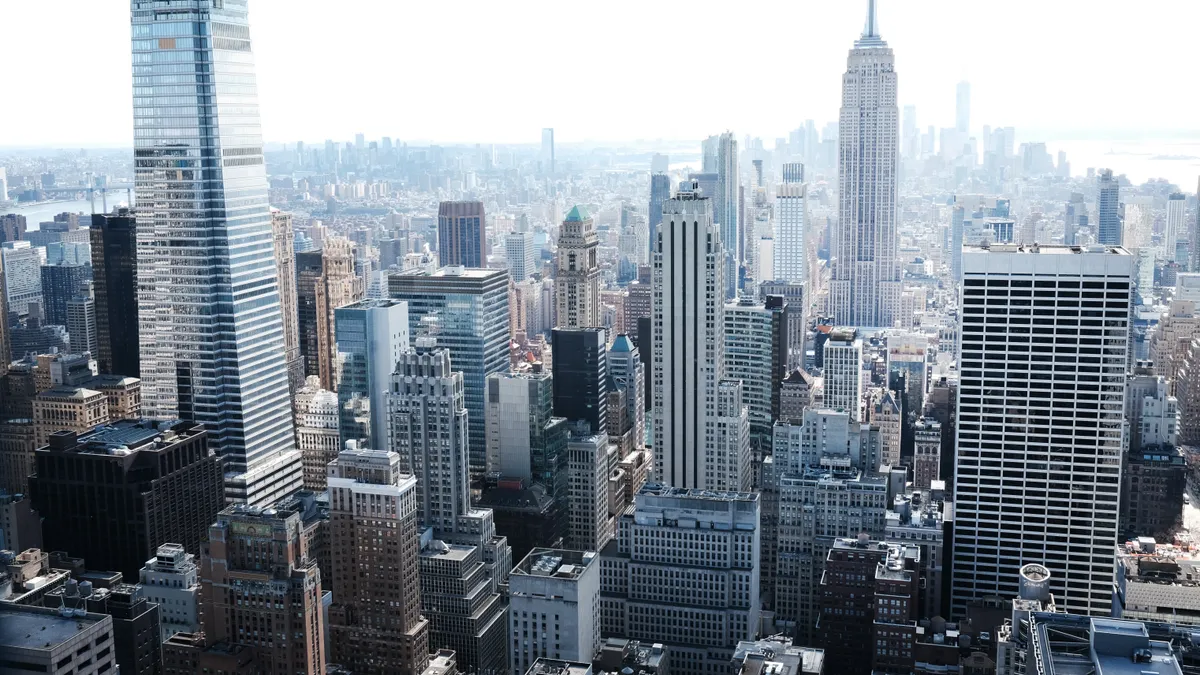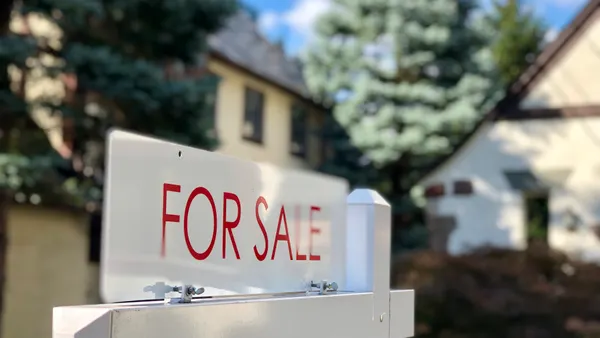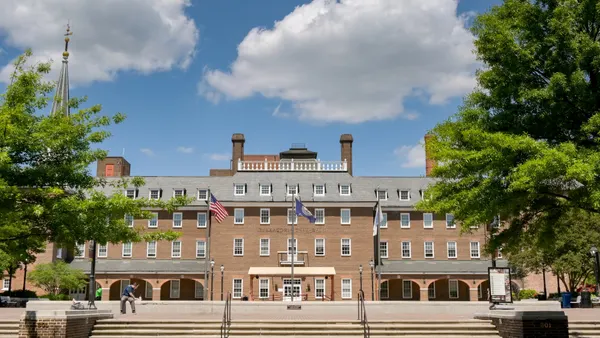Dive Brief:
- A bill before the New York City Council would have the city's mayor designate one agency to coordinate the implementation of wide-ranging smart city technologies and establish a working group to review that implementation.
- The legislation, introduced by Councilmembers Ben Kallos, Helen Rosenthal and Kalman Yeger, would give the city agency broad oversight over technology including smart streetlights, location beacons, smart water meters, automated real-time public transit service adjustments, smart power and gas meters, and smart trash and recycling receptacles. The bill was referred to the Committee on Technology for discussion last month and awaits a hearing.
- The proposed working group would be made up of representatives from a variety of city agencies, elected officials and those "with experience or expertise in smart city technologies," the bill reads. The group would be required to submit an annual report reviewing the implementation of smart city technologies and making recommendations on the addition of more technologies in the city.
Dive Insight:
New York City has looked to position itself as a smart city leader in the United States and worldwide, and has maintained its spot as one of the top places for tech workers, both in terms of job opportunities and salaries. In an email, Kallos said the legislation was inspired by the efforts of other cities globally, including London, Barcelona and Dubai.
"The legislation was inspired by seeing the huge potential and what could be done by simply having smart trash cans and how that would improve the city," Kallos, the bill's lead sponsor, said. "Looking out around we see places like Barcelona and Dubai, even good old London moving and putting forth smart city tech. I just don't want to see New York City keep falling behind. This is an investment that will take care of itself in so many ways."
While Kallos said the proposal is still being "fleshed out," it would give broad purview to one city agency responsible for technology that would touch on areas like transportation, sanitation and utilities. He said the one best positioned to manage all those different areas under this bill would likely be the Department of Citywide Administrative Services (DCAS), which he described as one of the city's "largest" and "most prolific agencies."
"They have decades of experience working and making interagency work possible, this is their expertise and what they do," Kallos said. "[This] is all about communication and transparency."
The number of departments involved is illustrated by the proposed working group, which would be comprised of the city’s commissioners of IT and telecommunications; transportation; environmental protection; sanitation; and administrative services, or someone chosen in their stead. The head of the agency chosen to take the lead on smart city technology would also be represented, in addition to the comptroller, chief privacy officer or their designees, and anyone else chosen by the mayor.
The mayor and city council speaker would also have scope to appoint four and three members, respectively, who have relevant smart city experience. Kallos emphasized that private vendors with business before the city would not be appointed to the working group, and that conflicts of interest would be avoided.
"We want to be open to individuals with industry experience and connections who can bring valuable information to the table," Kallos said.
Like many cities across the U.S., New York's leaders are seeking an equitable recovery from the coronavirus pandemic, with that aim animating a heated Democratic primary for mayor later this month. Kallos said smart city technology can also aid that recovery.













